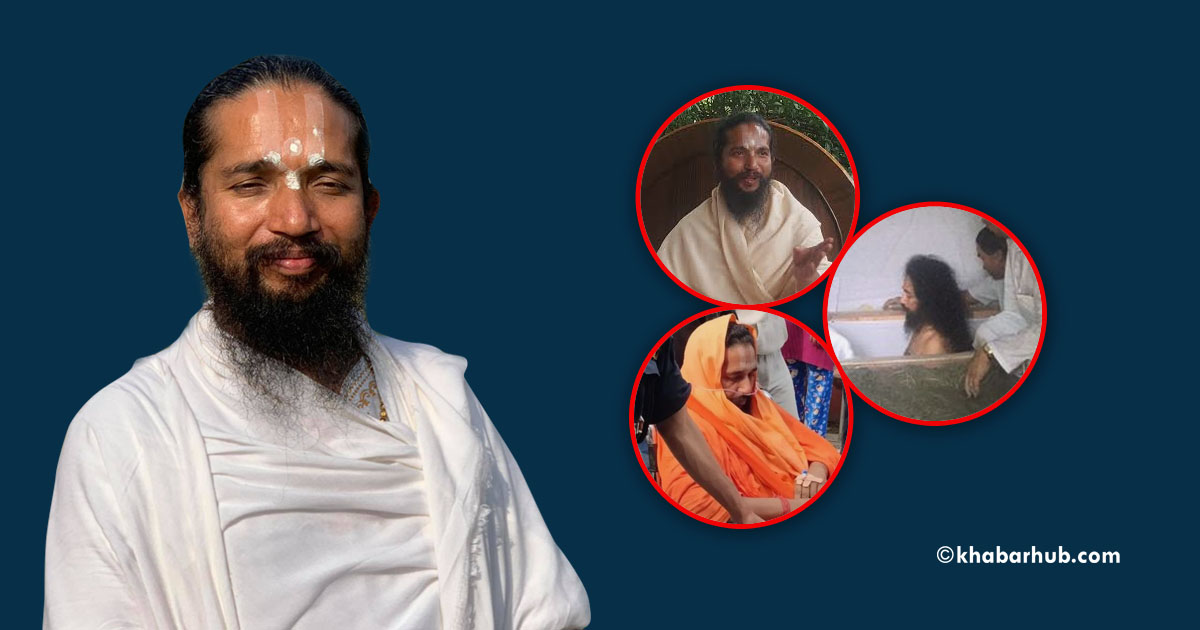KATHMANDU: With more than half of the judges of the High Court being involved in the previous verdicts in rape accused Siddhababa alias Krishna Bahadur Giri case, the High Court is likely to face some legal complications on carrying out further hearing.
A division bench comprising Biratnagar High Court Chief Judge Til Prasad Shrestha and Judge Narayan Singh Rai gave a verdict to conduct the hearing in the Siddhababa related case in a bench sans Chief Judge Shrestha.
The next hearing on the case is scheduled for March 29.
Most of the judges of the Biratnagar High Court were involved in the hearing and the verdicts carried out by the lower courts earlier, hence, are deemed legally ‘not eligible’ to share the bench and give verdict.
Earlier, Judge Shrestha had ordered the Sunsari District Court to release the accused on bail of Rs 300,000. However, after the case was cleared by the district court and the case came up in the high court as a pro-government appeal, Judge Shrestha said it ‘could not be heard by the bench sharing him as a judge.
On Wednesday, the case had reached to the bench with a judge, who had already ordered the arrest of Siddhababa. Defendant Siddhababa’s lawyer had objected to the hearing citing it was against the established legal ethics. The opposition’s lawyer had requested for an adjournment.
However, the registrar of the high court in Biratnagar, Omraj Subedi, said that Chief Justice Shrestha had ordered him to be produced before the bench. According to Subedi, in the Siddhababa case, five out of 10 judges of the High Court in Biratnagar are now unable to hear the case.
In the same case, Justices Prem Raj Dhakal and Renuka Sah, on the appeal of the Government of Nepal, had ordered to settle the dispute between the two sides. Despite being transferred, Dhakal remains in the high court.
Similarly, Judge Rajan Prasad Bhattarai is a relative of senior advocate Ramesh Koirala. He also has to look into the issue. Similarly, Judge Krishna Kamal Adhikari and Jagat Narayan Pradhan had also ordered to settle the dispute in the same case.









Comment